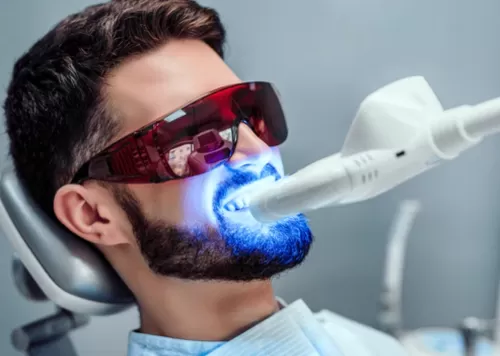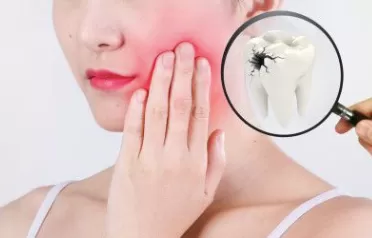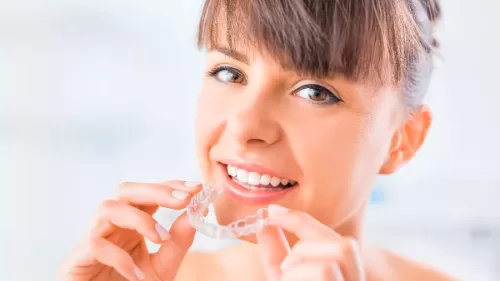
Related searches

This article will explore the different methods of teeth whitening, their effectiveness, potential risks, and tips for maintaining a bright smile.
What is Teeth Whitening?
Teeth whitening is a cosmetic dental procedure that involves lightening the color of your teeth. It works by removing stains and discoloration, making teeth appear whiter and more vibrant. The process can be done professionally by a dentist or at home using over-the-counter products.
Causes of Tooth Discoloration
Before diving into the whitening methods, it's essential to understand the common causes of tooth discoloration:
Food and Drinks: Certain foods and drinks, like coffee, tea, red wine, and berries, can stain teeth over time due to their strong pigments.
Tobacco Use: Smoking or chewing tobacco leads to yellow or brown stains on the teeth.
Poor Dental Hygiene: Inadequate brushing and flossing can lead to plaque buildup, which can cause teeth to look yellow.
Aging: As we age, the enamel on our teeth thins, revealing the yellowish dentin beneath.
Medications: Some medications, such as antibiotics like tetracycline, can cause tooth discoloration, especially if taken during childhood.
Trauma: A physical injury to the teeth can cause them to darken over time.
Methods of Teeth Whitening
There are several ways to whiten your teeth, each varying in cost, effectiveness, and duration:
In-Office Whitening:
Procedure: In-office whitening is performed by a dentist and typically involves applying a high-concentration bleaching gel to the teeth, sometimes activated by a special light or laser.
Effectiveness: This method provides the quickest and most noticeable results, often whitening teeth by several shades in just one visit.
Duration: Results can last from six months to two years, depending on lifestyle and oral hygiene.
At-Home Whitening Kits:
Procedure: These kits are available through dentists or over-the-counter. They typically include custom-fitted trays or strips that are filled with a lower-concentration bleaching gel.
Effectiveness: At-home kits can be effective but require consistent use over several days or weeks to achieve the desired results.
Duration: Results may last a few months to a year.
Whitening Toothpaste and Mouthwash:
Procedure: Whitening toothpastes and mouthwashes contain mild abrasives or low concentrations of bleaching agents to help remove surface stains.
Effectiveness: These products can help maintain a white smile but are less effective for deep stains or significant discoloration.
Duration: Regular use can help prevent new stains from forming, but they don't typically offer dramatic results.
 Teeth Whitening: A Comprehensive Guide to Achieving a Brighter Smile
Teeth Whitening: A Comprehensive Guide to Achieving a Brighter Smile Dental Breakthrough: New Cavity Filling Technique Promises Faster Painless Treatment
Dental Breakthrough: New Cavity Filling Technique Promises Faster Painless Treatment Unlock Your Radiant Smile: The Power of Teeth Whitening
Unlock Your Radiant Smile: The Power of Teeth Whitening A Comprehensive Guide to Dental Clinics for Seniors: Prioritizing Oral Health in Later Years
A Comprehensive Guide to Dental Clinics for Seniors: Prioritizing Oral Health in Later Years




